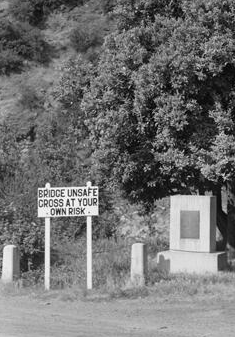Risk Assessment Revisited
The experience of putting together the project management “shot-in-the-arm” I described a couple of posts back gave me a new perspective on risk assessment. I’ve been an advocate of a much fuller brainstorming session than I described to the transformation teams back in May. Usually, I ask a project team (especially the biggest worriers) to help flesh out all the possible risks, big, little, likely, unlikely–we get them all down before we judge what their characteristics are.

Then, we assign a likelihood (low, medium, high) and an impact (low, medium, high) “grade” to each one. At that point, I advise the group to direct their attention to the medium and high risks. For those risks, we think about what we might do, if the risk becomes a reality.
For the one-day workshop when I had a little less than an hour to give a project management overview, I had to cut to the chase. Instead of the fullblown version, I recommended the team answer this one question:
What has a medium to high likelihood of delaying your ability to succeed?
I gave them a couple of examples, in case they weren’t used to thinking along these lines:
- if you need information from outside experts, are they busy people?
- are you yourselves heavily committed to other projects and may be pulled away?
I realize now that, for these systemwide library projects, having risk assessment, even this simple one, built into the early planning is a significant change. And, too, given their extremely short time frame, suggesting the use of a single, rather bold question may be more realistic than recommending a full-blown brainstorming session.
Of course, it’s certainly possible that the team members might miss an important risk using this method. But, if they answer the question, I think the chances are very good that they will have:
- acknowledged that things might not go the way they want them to go;
- discussed options for handling the kinds of problems they are likely to encounter; and
- made it easier to talk to each other about any future problems.
Even if something significant happens that they did not anticipate, they will find it easier to deal with because of this exercise. Do you agree?
